UCI sends Paolini's cocaine case to anti-doping tribunal
Decision to be announced following further analysis
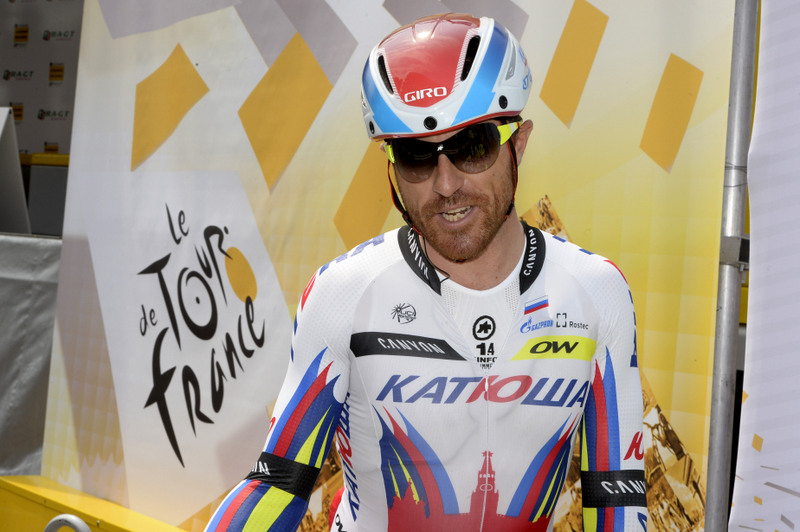
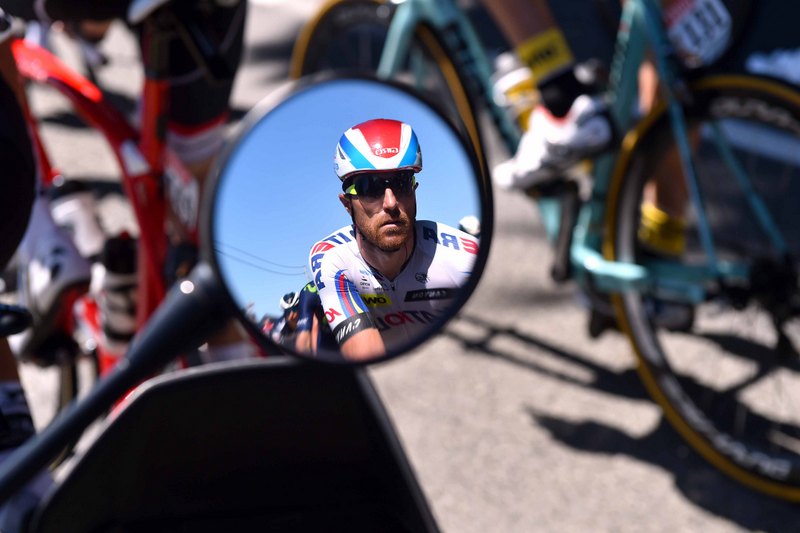
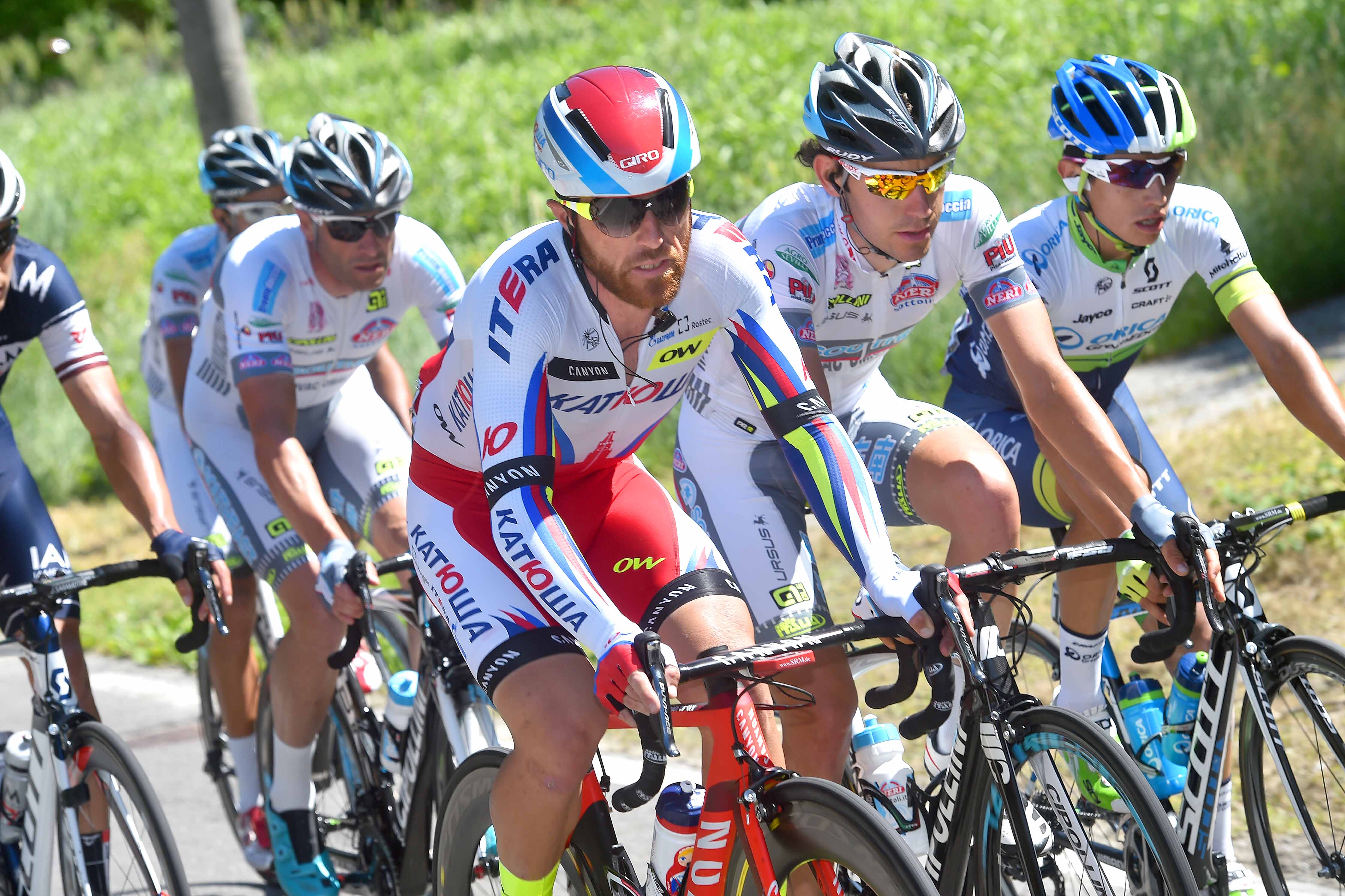
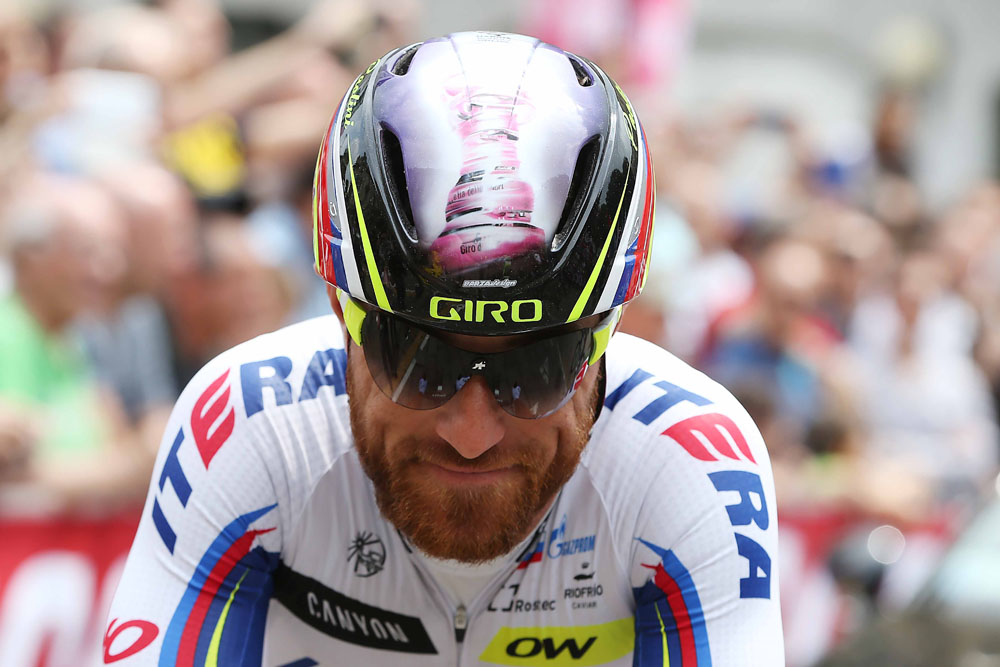
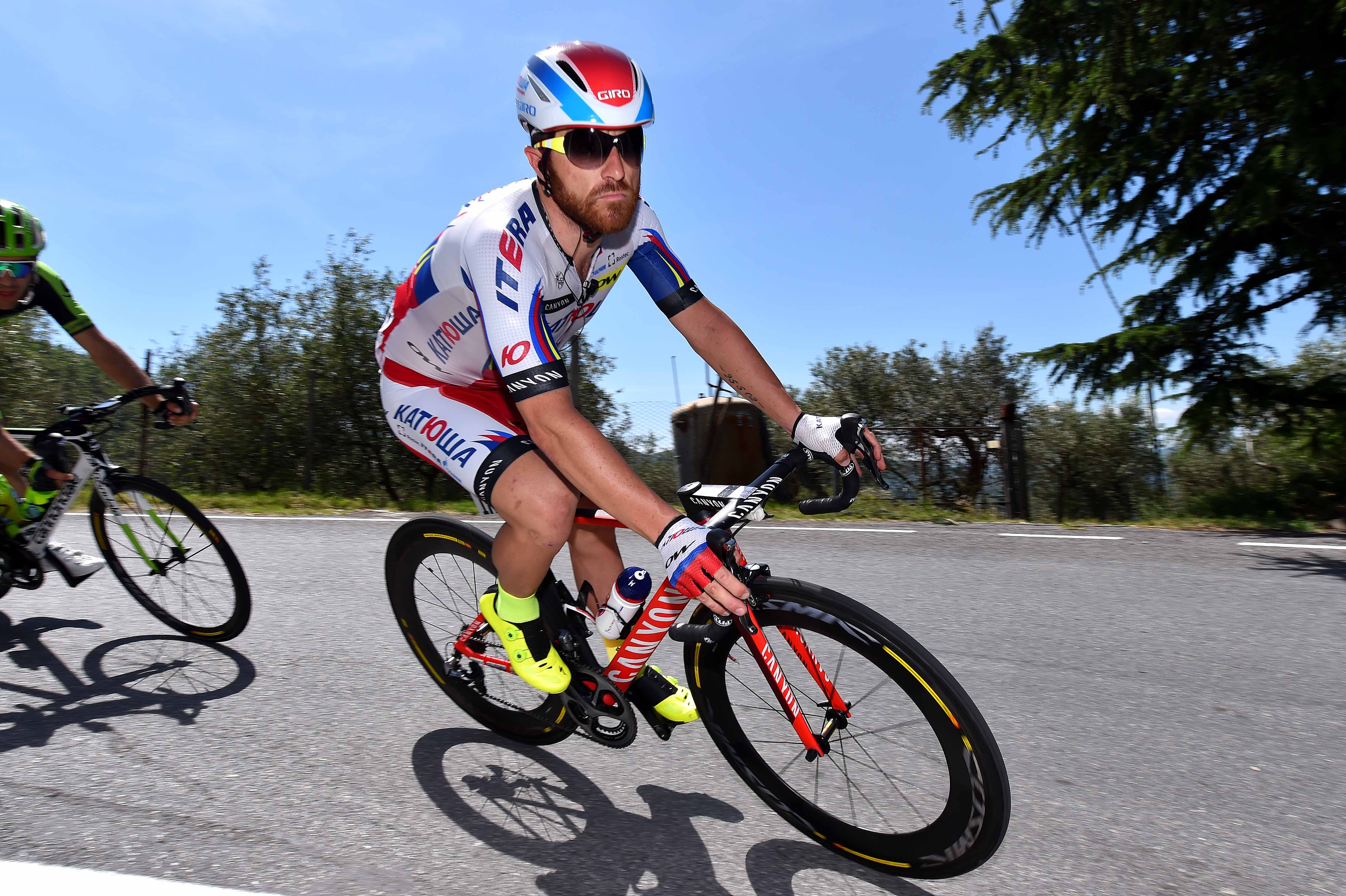
The UCI announced Wednesday that it has referred Luca Paolini's doping case to the UCI Anti-Doping Tribunal. The tribunal will then hear Paolini's case and make a judgement based on its findings, "in accordance with the Tribunal Procedural Rules," the statement read.
The UCI will publish the decision once the tribunal makes its judgement.
Paolini was informed of an adverse analytical finding for the substance cocaine, which is banned in competition, in an in-competition test at stage 4 of the Tour de France in July. Katusha immediately terminated his contract, which was due to expire at the end of 2016. He later took to Twitter to apologize for the problems the positive test had caused.
The chances of Paolini being cleared would strongly depend on his B-sample analysis for cocaine.
If that doesn't happen, the maximum ban he could be given is four years, and options to reduce his ban are limited. Reductions for contaminated products or other non-negligence cases is limited to a "specified substance" - drugs like pseudoephedrine, xipamide, or heptaminol, which might show up because of legitimate use or supplement contamination. Cocaine is classed as a non-specified stimulant, banned in competition.
Paolini might try to employ a clause in UCI anti-doping rule 10.2.1.1 that states bans must be four years "unless the Rider or other Person can establish that the anti-doping rule violation was not intentional."
In addition, according to the UCI rules, there is leeway for prompt admissions of an Anti-Doping Rule Violation after being confronted with a violation.
Get The Leadout Newsletter
The latest race content, interviews, features, reviews and expert buying guides, direct to your inbox!
If WADA and the UCI agree, he "may receive a reduction in the period of Ineligibility down to a minimum of two years, depending on the seriousness of the violation and the Rider or other Person's degree of Fault."
The UCI rule 10.2.3 goes on to describe what constitutes an "intentional" anti-doping rule violations punishable by a four-year ban, "As used in Articles 10.2 and 10.3, the term "intentional" is meant to identify those Riders who cheat. The term therefore requires that the Rider or other Person engaged in conduct which he or she knew constituted an anti-doping rule violation or knew that there was a significant risk that the conduct might constitute or result in an anti-doping rule violation and manifestly disregarded that risk…"
Paolini can demonstrate that the violation was unintentional, under rule 10.2.3, if he can show that he took the non-specified stimulant cocaine out-of-competition, where it is not banned, "in a context unrelated to sport performance."
Any ban could mean the end of Paolini's career: he turns 39 in January. However, Katusha manager Viacheslav Ekimov indicated that he would hold a place for Paolini to return to the team if he is allowed to race in 2016.